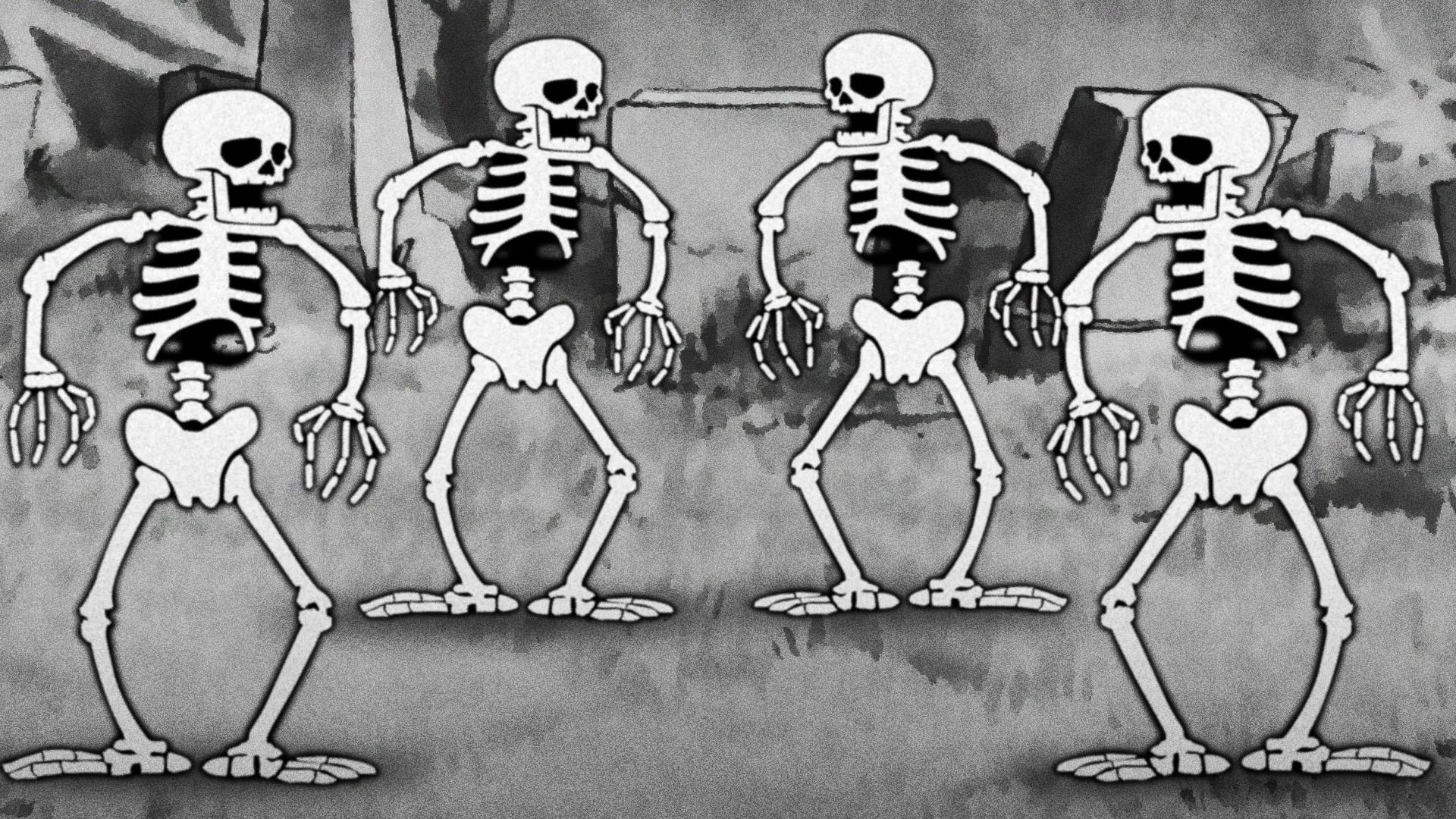Owning dogs and cats can slow cognitive decline in older people who live alone.
Living alone—which is the case for about a third of all Americans—is associated with a higher risk of dementia.
However, a study of nearly 8,000 people suggests that owning a pet can reduce this risk by making people less lonely.
Researchers studied people over 50 in England who were asked if they lived with a pet. They were tested on their word memory and verbal language skills.
Regular interaction with a pet can reduce the stress, anxiety and confusion that often comes with living alone and can increase the risk of dementia
It is normal for verbal memory and speaking skills to decline with age, but this decline was slower in people who live alone and have pets.
Dr. Yanzhi Li, who led the research at Sun Yat-sen University in China, said: “The companionship of pets can reduce loneliness and increase well-being, while walking dogs can help them get to know other people by giving them something to talk about over.” .
“Our results showed that pet owners are less likely to be socially isolated than non-pet owners, which is good for the brain and reduces the rate of cognitive decline.”
“Dog owners may also get more exercise and sleep better after feeling tired from these walks, which can improve cognitive function.”
“But any type of pet is calming and relaxing and can reduce stress and anxiety, while caring and nurturing their owners can provide a sense of meaning and purpose, which is very important for brain health.”

While dog owners tend to exercise more, which can also improve brain health as they age, any type of pet can “completely offset” the faster cognitive decline seen in people who live alone.
Of the 7,945 older people surveyed in the study, more than a third had pets and nearly 27 percent lived alone.
Their verbal memory was tested by giving them a list of words and asking them to recall them immediately and with some delay, while verbal fluency was measured by asking participants to recall as many animal names as possible in one minute to to call
Among people who did not live with anyone else, people with pets’ language skills declined more slowly, even after controlling for factors that could affect their brain health, such as age, certain medical conditions, and exercise levels.
The decline was about the same for pet owners living alone as for people with pets who lived with a partner or other people.
This means that the mere presence of a pet can “fully offset” the faster decline in verbal memory and speaking skills seen in people who live alone, who typically have less daily conversation and mental stimulation.
Research shows that this is the MOST important sign that your dog may be suffering from dementia
Researchers at North Carolina State University have found that one of the main symptoms of dementia in dogs is very similar to that in humans with the condition.

The findings add up to previous findings that owning a pet makes people feel less isolated, not to mention the other health benefits of walking a dog every day.
Previous studies have shown that people with pets are mentally faster and have better executive functions – which help with planning and problem solving.
However, the evidence is mixed and more tests are needed to show that adopting a pet slows cognitive decline in general, as the current study only tested people’s language skills.
Although the slower decline in thinking skills in pet owners likely means a lower risk of dementia, this also requires further evidence.
The study, published in the journal JAMA Network Open, looked at people who were asked about pet ownership and living conditions and given memory and thinking tests as part of the English Longitudinal Study of Aging.
Pet ownership was not found to slow cognitive decline in people who lived with others, only in those who lived alone.
But for these people, living with an animal is a “simple change” that can be helpful, the authors say.
Source link
Crystal Leahy is an author and health journalist who writes for The Fashion Vibes. With a background in health and wellness, Crystal has a passion for helping people live their best lives through healthy habits and lifestyles.





